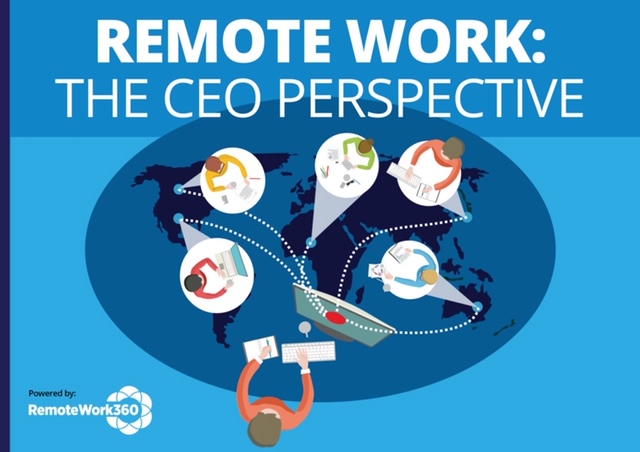Remote work news from around the globe: July
- Home
- Supplier Directory
- Attendance & Monitoring
- Collaboration & Communication
- Cloud Telephony & VOIP
- Collaboration & Secure File Sharing
- Communication Software
- Creative Tools
- Culture Building
- Interactive presentations/screen sharing
- Messaging Tools
- Online Training
- Productivity
- Project Management
- Shared workspaces
- Time Tracking
- Video Conferencing
- Virtual Water Cooler
- Web Developer tools
- Finance/Accounting
- HR/Talent Management
- IT
- Managing Remote Teams
- Productivity
- Project Management
- Remote Workplace Wellness
- Sales & Marketing
- eNewsletter
- Events / Education
- About Us
- News
Remote Work News
ByHeidi Williams
The July Remote Work News Round-Up
Each month, we round-up the most interesting features and articles on remote work from around the globe, to bring all the best insights, data, opinions and resesarch.
Facebook tells its employees to work from home until Summer 2021
Every news outlet reported this story – from The Independent to CNN, Forbes and BBC. The tech giant’s 48,000 staff across 70 offices were previously told they would remain working at home until the end of this year, but this has now been extended to s ummer of next year. They also announced they would give employees $1000 each towards home office set-up costs. They join the likes of google who, in June stated their 200,000 workers would not return to offices for 12 months and twitter who announced that working remotely forever would be part of a new restructuring process.
The list of companies with permanent work from home policies continues to grow
Over 8,000 of Xerox’s employees are remote – infact they have implemented a WFH Program “the Virtual Workforce Program”, we’ll be talking to them about that, in an upcoming expert interview! Working from Home has long been a staple for start-ups, but many other large conglomerates are implementing their own policies including; Dell, Toptal, Loot, Freelancer, Twitter, Facebook, Aetna, Salesforce, Twitter, PayPal, JP Morgan, Google, Microsoft, United Health Group, Jet Blue and Kaplan
Remote work is not going away – who wins and loses when workers stay at home? The Guardian
The Guardian published an interesting, global look at the companies embracing remote work and the reasons behind it, on 5th July. They cited an interesting study from salesforce’s Research Arm which asked respondents to rank areas of concern:
Culturally, remote working is rapidly becoming the accepted norm – even in sectors which previously had a staunch presenteeism culture like the legal sector.
They also delved into some of the reasons remote work was challenging, and the risks for businesses and employees and pointed out that remote work and flexible conditions will become an expected part of an employment offer, and any businesses not embracing this will be severely disadvantaging themselves. The advantage for employers will be access to a larger talent pool, not confined by geography
“Remote working is one way to cut costs, automation is the other – and they come hand-in-hand as companies plan for survival. While some workers enjoy the luxury of remote life, others could be left without a job.”
For the full article please visit:
Unbundling work from employment, Li Jin, the original “passion economy pioneer”
Li Jin, the original “passion economy pioneer” talks about Unbundling work from employment and what that really means for us. Citing Craigslist as an example she suggests that a massive “unbundling” is currently taking place, with a massive rise in micro-entrepreneurs and a complete rearrangement of work. With considerable depth and insight she unpicks the opportunities this presents in both horizontal and vertical markets and the role that digital platforms might play in lowering the barrier to entry to support the growth of a new breed of micro-entrepreneur.
Related Posts
An estimated 86.3% of San Francisco employees are working from home, the highest rate among 10 major ...
May 11, 2021
In the third instalment of her blog - you can catch the first, on maintaining creativity here and ...
January 22, 2021
The different “kinds” of remote: finding the right fit your business Covid-19 has turned our world ...
January 14, 2021
RemoteWork360
RemoteWork360.com is powered by Chief Executive Group, which exists to improve the performance of business leaders, build communities and strengthen society.
Latest Insights
COPYRIGHT ©2020 REMOTEWORK360. ALL RIGHTS RESERVED.



